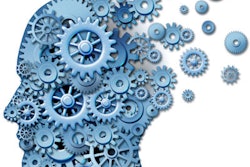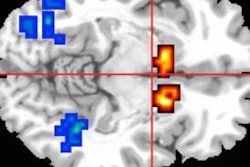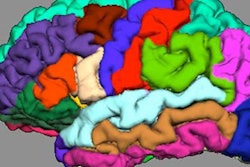With the help of 3-tesla MRI, researchers from the University of Sheffield in the U.K. may have discovered an association between dopamine, memory, and Alzheimer's disease.
More specifically, the MR images reveal a decrease in input from dopamine-firing cells in the brain and a resulting inability to create new memories. This deficiency could be quite helpful in detecting the earliest signs of Alzheimer's.
"Our findings suggest that if a small area of brain cells, called the ventral tegmental area, does not produce the right amount of dopamine for the hippocampus, a small organ located within the brain's temporal lobe, it will not work efficiently," said lead author Dr. Annalena Venneri, from the Sheffield Institute for Translational Neuroscience.
The researchers used 3-tesla MRI to scan 51 healthy adults, 30 patients diagnosed with mild cognitive impairment, and 29 patients with Alzheimer's. The images illustrated a key link between the size and function of the ventral tegmental area, the size of the hippocampus, and the ability of subjects to learn new material.
"More studies are necessary, but these findings could potentially lead to a new way of screening the elderly population for early signs of Alzheimer's disease," Venneri said.
It could change the way brain scans are acquired and interpreted as well as use different memory tests, she said.
The findings also could advance other treatment options to change or stop the progression of Alzheimer's, especially if the abnormality were found early.



















